With the sudden rise of Artificial Intelligence (AI) applications like ChatGPT and MidJourney, AI has suddenly evolved from a futuristic concept into a transformative force reshaping various aspects of our lives. From business to healthcare, entertainment to education, AI is driving changes that promise to change the world. Here are 11 key ways that AI is set to change the world as we know it.
The Good:

Revolutionized Healthcare:
AI is enabling accurate disease diagnosis, drug discovery, and personalized treatment plans. Machine learning (ML) algorithms can analyze vast amounts of medical data to provide quicker and more precise diagnoses. This dramatically reduces the time and guesswork required by medical professionals, resulting in faster and better treatment for patients.
Companies like PathAI are already using AI and Machine Learning in medical products to detect various forms of cancer. In time, these results will become more accurate and cover a much wider range of diseases and illnesses.

Enhanced Education:
AI-powered tools can provide students with personalized learning experiences, and adapt to their individual needs and learning styles. This technology can help bridge gaps in education accessibility and make learning more engaging.
Teachers also can benefit. AI can act as a Teaching Assistant, handling much of the time-consuming work for them. Tasks like grading papers, creating lesson plans and assessments, and tutoring can all be completed or assisted by AI. This can help reduce the workload for an industry that currently has the highest burnout rate in the U.S.
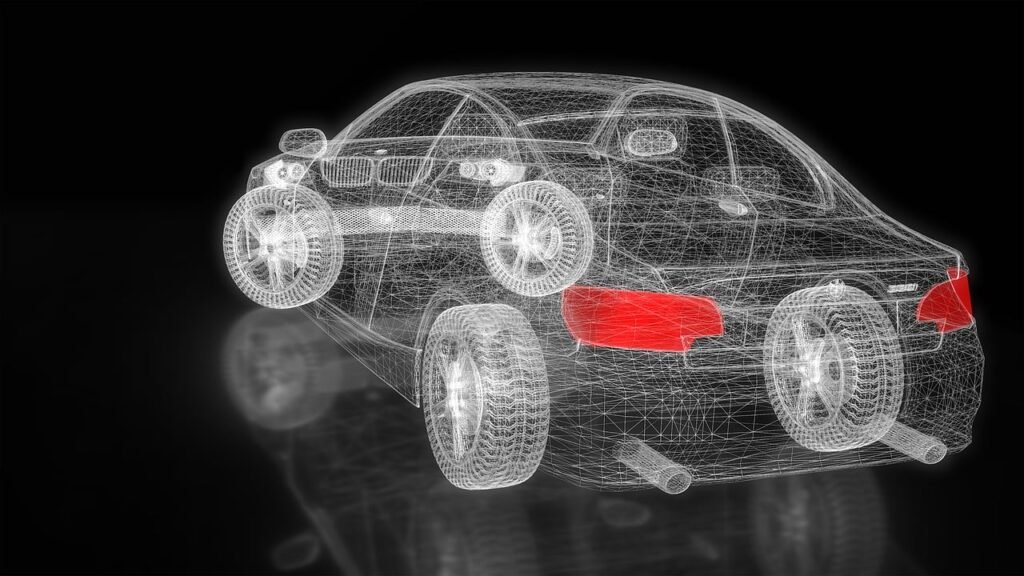
Self-Driving Vehicles:
Self-driving cars have become a talking point on their own in the last few years. While the technology is not quite ready for fully autonomous driving, rapid progress is being made. In the future, self-driving vehicles have the potential to make traveling much safer, quicker, and easier.
AI-powered traffic management systems have the potential to reduce accidents, traffic congestion, and environmental impact while making transportation safer and more efficient. NoTraffic is one of the companies taking the lead in trying to apply AI to traffic lights to improve traffic flow efficiency.
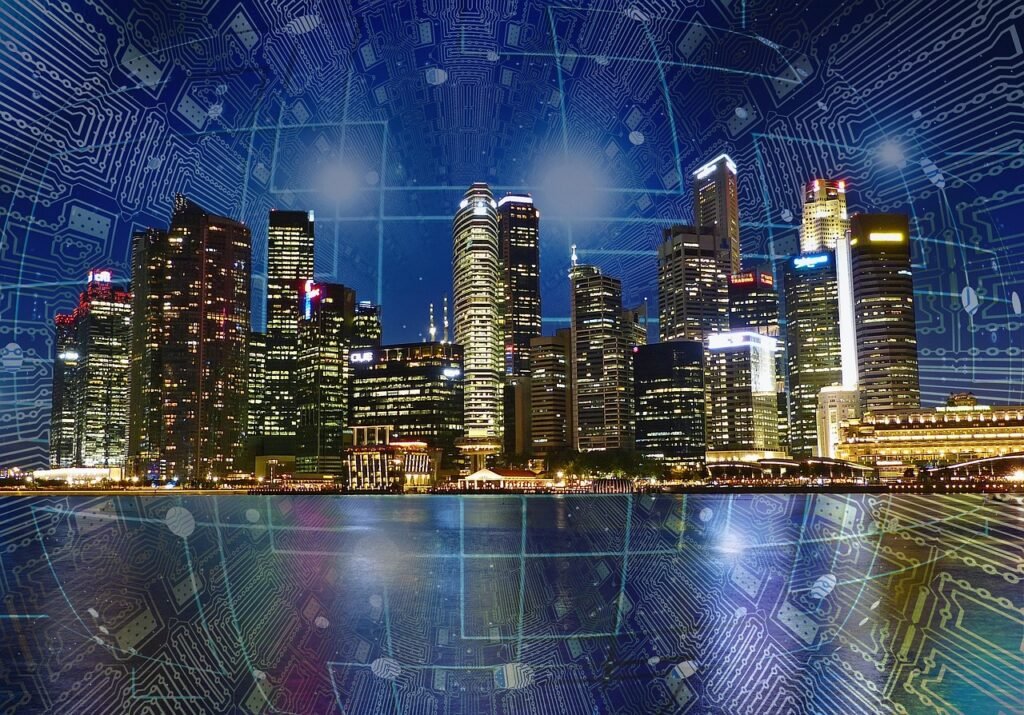
Smarter Cities:
AI solutions are coming into use to make cities more efficient by optimizing traffic flow, managing energy consumption, predicting maintenance needs, and enhancing public services. Over time, AI will continue to make cities safer, cleaner, and more efficient. This leads to the next point:

Reduced Environmental Impact:
As mentioned in the above topics, AI can help the environment by reducing traffic, helping cities use energy more efficiently, and reducing the unnecessary waste of resources. It also plays a critical role in monitoring and managing environmental conditions, aiding in tasks like climate modeling, pollution control, and wildlife conservation.
The UN’s UNEP (UN Environment Programme) program is already using AI to track changes in the environment and even predict future changes in CO2 levels in the atmosphere, glaciers melting, and sea levels rising.
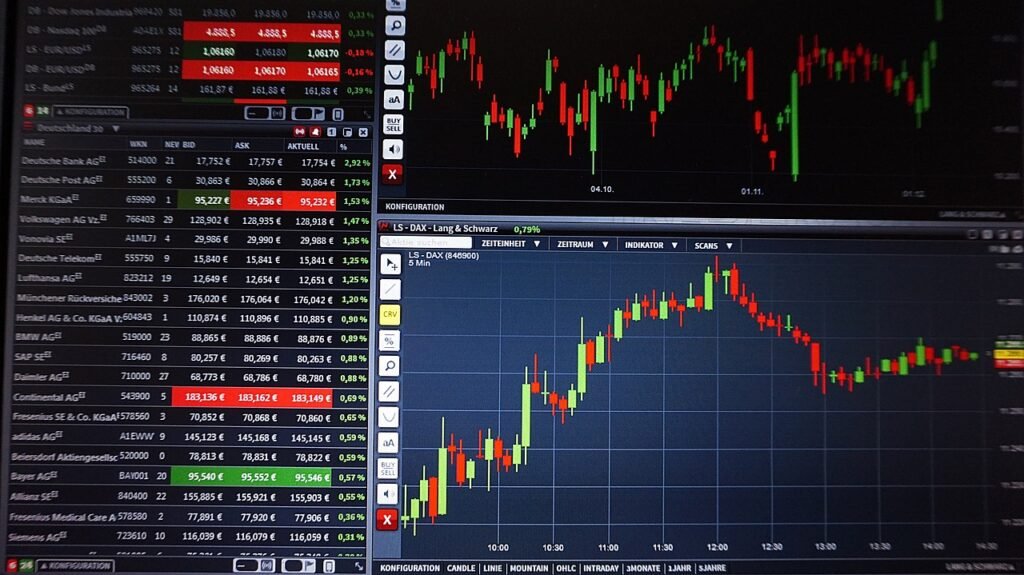
Helping Financial Services:
AI algorithms can analyze market trends, assess risks, and manage investments, revolutionizing trading, fraud detection, and customer service in the financial sector. Features like this could help predict and lessen economic risk and downturns on a macro scale, or help plan your retirement on a micro scale.

Content Creation and Entertainment:
As stated in the introduction, AI applications such as ChatGPT and MidJourney are becoming capable of creating human-like works of art and written content at an incredible rate. AI-generated content, including music, art, and even literature, is blurring the line between human and machine creativity. Creators can now use AI to help focus and funnel their creativity, allowing their visions to come to life. Additionally, AI-powered recommendation systems are enhancing entertainment discovery. It could even help build your website.
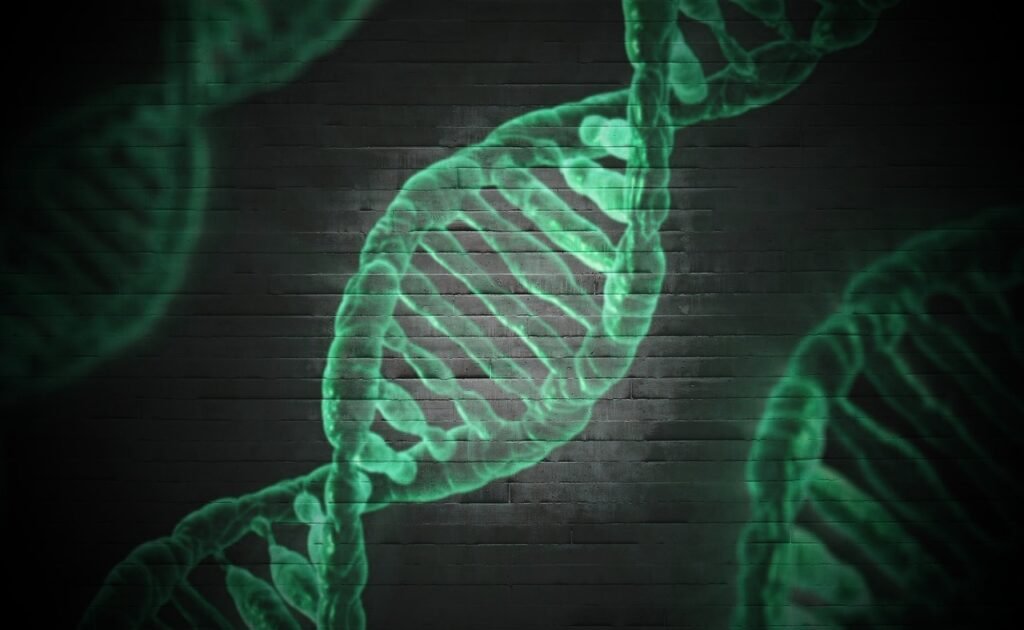
Scientific Breakthroughs:
AI aids in processing and analyzing vast datasets, accelerating scientific research across fields like genomics, astronomy, and particle physics, leading to groundbreaking discoveries.
DeepMind’s AlphaFold greatly decreases the amount of time taken in Protein Folding. Continual advances in this field have the potential to provide new medicines that could cure many diseases and illnesses.
The Not-So-Good:
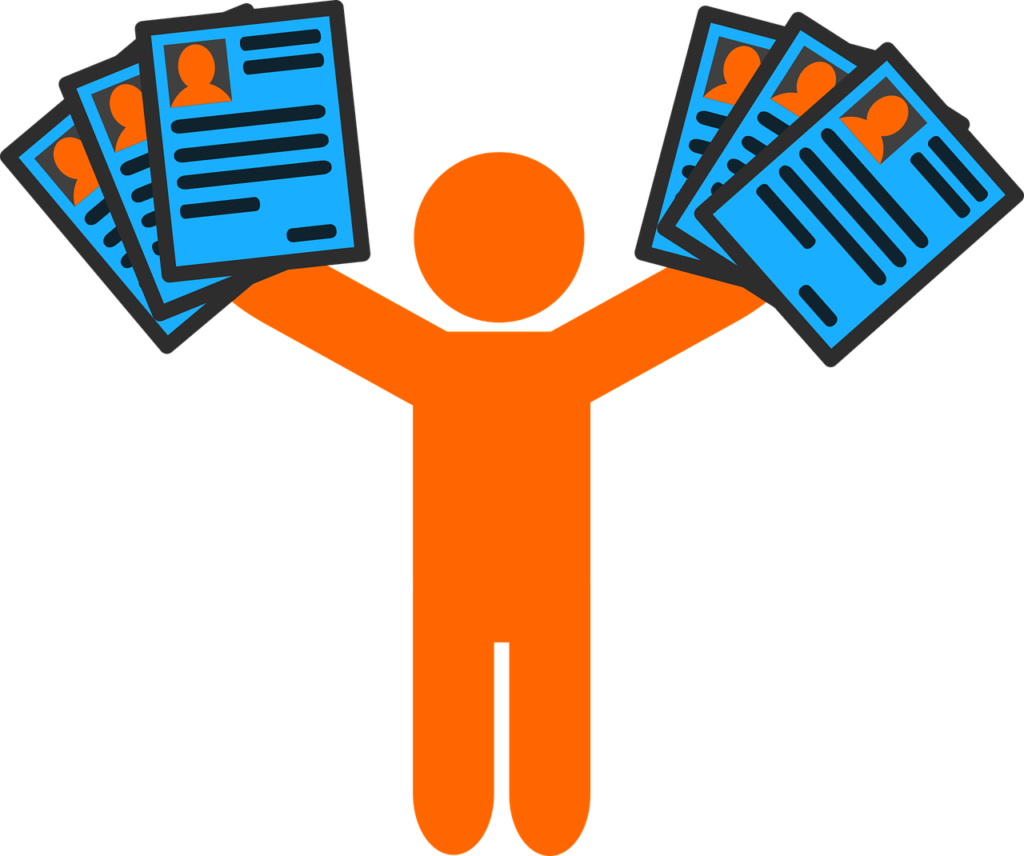
Potential Loss of Jobs:
Much of the work that will be done by AI in the future is currently done by human workers. Teachers, coders, drivers, and even artists are all at risk of seeing their jobs removed or heavily affected as AI becomes more powerful. Professionals in at-risk fields may need to begin transitioning to a new industry.
This isn’t to say that there won’t be a need for workers. Jobs that don’t even exist currently will be created as a result of AI. Many people who have their current jobs replaced may move into roles where they monitor the performance of AI to ensure it is working correctly.

Misinformation:
There is the potential for AI to be abused to spread misinformation. Deepfakes can be used to copy the appearance and voice of a person, making it almost impossible to tell the fake from reality. This could be abused to spread misinformation about people saying things they never actually said. Or it could be used to create fake evidence in a court trial that could be difficult to prove is not real.
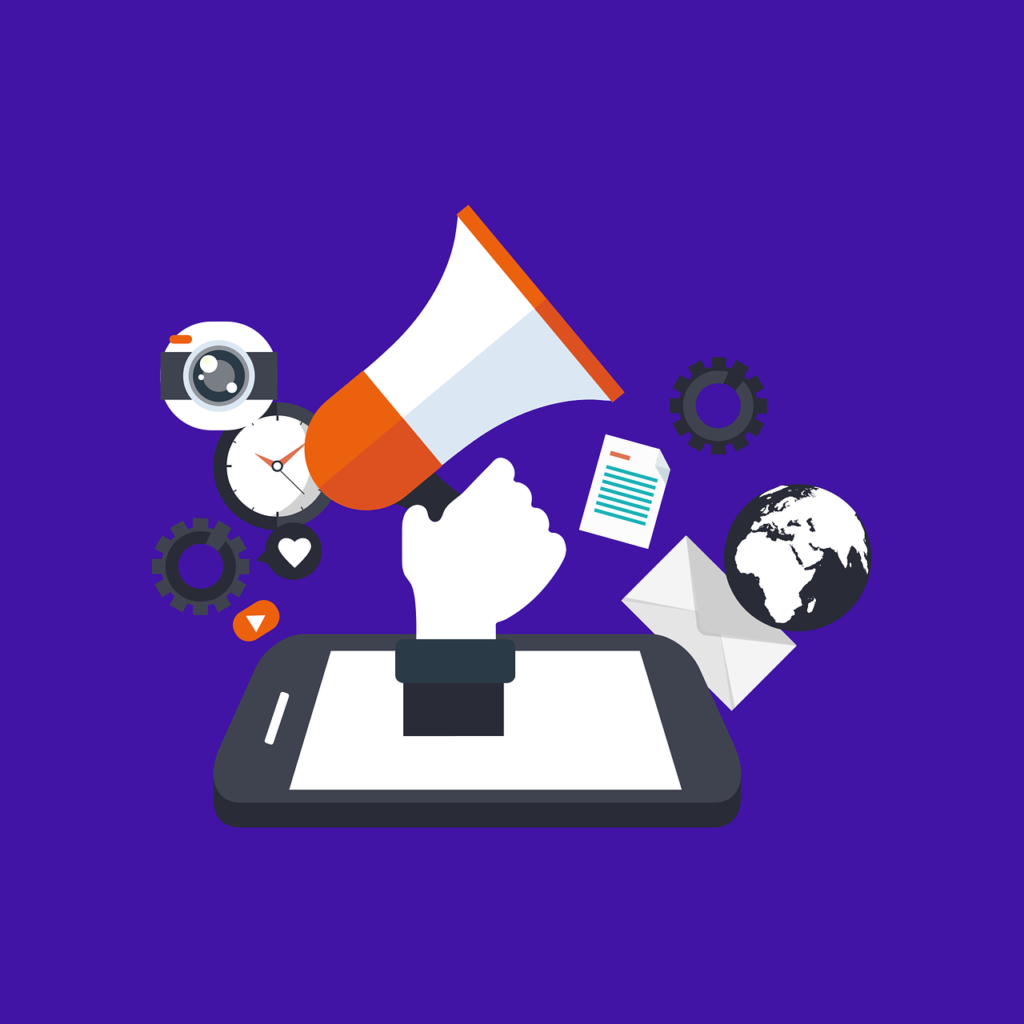
Reckless Handling of AI Potential:
The race for companies to develop the latest and greatest AI products has led to an unprecedented push to get new products to the public before they are fully ready. This could potentially leave the door open for AI to cause serious harm. An AI could be released that unintentionally gives out a person’s private information. Or there may come a point where an AI can gain access to systems with the potential to cause great damage by pretending to be a person with appropriate credentials.
Stronger safeguards need to be put in place to prevent companies from being reckless with releasing new and powerful AI products into the world.
Conclusion:
Artificial Intelligence is not just a technological advancement; it’s a paradigm shift that will redefine how we work, live, and interact. These 11 ways AI is changing the world only scratch the surface of its potential. As AI continues to evolve, its impact will become even more profound, reshaping industries, societies, and human experiences in ways we can only imagine. Despite the potential risks, it’s an exciting journey into a future where the possibilities are as limitless as our imagination. What are your thoughts on the future of AI?